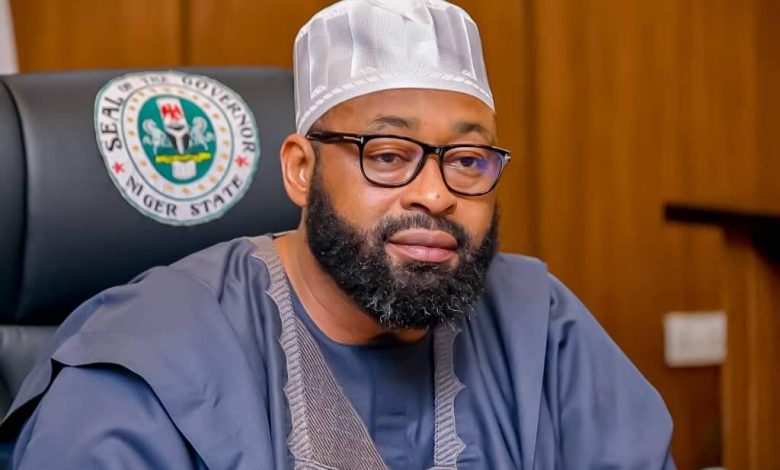Governor Umar Bago of Niger State issued a controversial directive, ordering the arrest and forceful shaving of individuals sporting dreadlocks. This directive, which quickly sparked widespread public outcry and condemnation from civil rights advocates, stemmed from the governor’s attempt to curb rising cult-related activities and insecurity plaguing the state, particularly its capital, Minna. Bago linked the hairstyle to criminal elements, arguing that it served as a marker for cult members involved in the escalating violence. His pronouncements, delivered during a public address, emphasized a “fire for fire” approach, directing security agencies to apprehend and shave anyone found with dreadlocks. This heavy-handed approach raised concerns about profiling, discrimination, and the potential violation of citizens’ rights.
The governor’s decree extended beyond targeting individuals with dreadlocks. In a broader effort to address the escalating crime wave, Bago also imposed a 12-hour curfew on commercial motorcycles and tricycles, restricting their operation between 6 pm and 6 am daily. This measure aimed to limit the mobility of criminals who often utilize these modes of transportation for their activities. Furthermore, he issued a stern warning, declaring that any house found harboring criminals or involved in drug trafficking would be demolished. This hardline stance underscored the administration’s determination to employ “maximum force” to restore order and secure the state.
The public response to Bago’s initial directives, particularly the one targeting individuals with dreadlocks, was swift and largely negative. Social media platforms buzzed with criticism, with many accusing the governor of promoting discrimination and unfairly targeting individuals based on their appearance. Critics argued that the association between dreadlocks and criminality was tenuous and that the directive was a misdirected and ineffective crime-fighting strategy. They emphasized that such a blanket approach could inadvertently criminalize innocent citizens who choose to wear dreadlocks for personal or cultural reasons and divert attention from addressing the root causes of crime.
In response to the mounting criticism and public backlash, Governor Bago attempted to clarify his position during a subsequent public appearance. Speaking at an event in Minna, where he designated the Bola Ahmed Tinubu International Airport as an alternative to Abuja’s Nnamdi Azikiwe International Airport, Bago attempted to backpedal on his earlier statements. He claimed that his words had been misconstrued and that his administration had no issue with dreadlocks as a hairstyle. He insisted that the directive was specifically aimed at cult members who use dreadlocks as a form of identification and camouflage. He invited individuals with dreadlocks who had legitimate business in Niger State to visit without fear.
Attempting to further mitigate the damage caused by his initial remarks, Bago attributed the backlash to “media propaganda,” suggesting that his words had been deliberately misinterpreted or taken out of context. He reiterated that the enforcement efforts were targeted solely at criminal groups operating within the state, not law-abiding citizens. He emphasized that his administration’s focus was on dismantling the cult activities that posed a significant threat to the peace and security of Niger State.
Despite his attempts at clarification, the incident highlighted the importance of carefully considered public statements, particularly when addressing sensitive issues like crime and security. While the governor’s aim to address the security challenges facing Niger State is understandable, his initial approach demonstrated the potential for well-intentioned initiatives to be perceived as discriminatory and counterproductive if not adequately framed and communicated. The episode underscored the need for a more nuanced and evidence-based approach to crime fighting, one that respects individual rights while effectively addressing the underlying causes of insecurity. The backtracking also raised questions about the policy-making process and the need for thorough consideration of potential consequences before implementing such directives.














